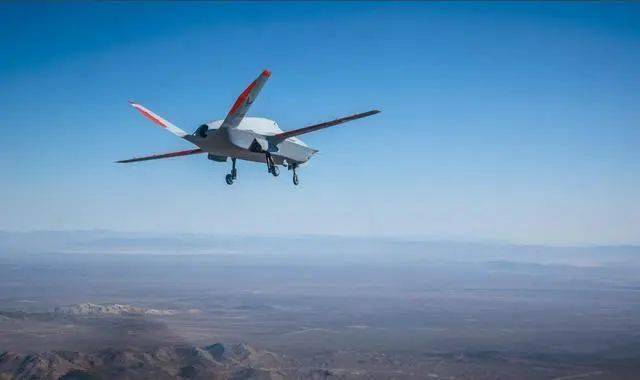In recent years, the integration of AI drones in the UK medical sector has emerged as a promising advancement, offering a unique blend of technology and healthcare that promises to revolutionize patient care. As medical needs grow and technology advances, AI drones stand at the forefront of this dynamic transformation, acting as pivotal tools that can bridge the gap between medical services and patients, especially in remote areas.
AI Drones: A New Dawn in Medical Deliveries
The concept of utilizing drones, equipped with artificial intelligence, in the medical field is not entirely new, yet the UK is witnessing significant strides towards its practical implementation. With AI-enabled drones, the delivery of critical supplies such as blood, organs, and various medications can be conducted efficiently, quickly, and with minimal human intervention. These flying robots are equipped with state-of-the-art navigation systems that allow for accurate and timely deliveries, mitigating delays often experienced in traditional delivery methods.

Enhancing Emergency Response with AI Drones
One of the most impactful applications of AI drones is in the acceleration and optimization of emergency response services. In scenarios where every second counts, such as in cardiovascular emergencies or severe trauma cases, AI drones can be deployed to transport automated external defibrillators (AEDs) and other medical devices to the scene rapidly. By reducing response times, these drones increase the likelihood of positive outcomes, ultimately saving lives that would otherwise be at greater risk.
- Rapid Deployment: Drones can be swiftly dispatched to areas hard to reach by ground vehicles.
- Cost-Effective: Using drones can potentially lower the cost of emergency response by reducing the need for human resources and unnecessary road traffic.
- Reliability: AI ensures that drones operate with precision and reliability, maintaining a high standard of service.
Overcoming Challenges and Enhancing Integration
Despite the evident benefits, there are challenges to be addressed for the seamless integration of AI drones within the medical sector. Regulatory hurdles, airspace management, and privacy concerns are at the forefront of potential barriers. To counter these challenges, it is imperative for stakeholders, including government bodies, tech companies, and healthcare providers, to collaborate closely. This cooperation can lead to the formulation of comprehensive guidelines and frameworks that ensure safe and effective use of drones in healthcare.
An essential step towards resolving these challenges lies in extensive trials and pilot programs that not only test the efficacy of AI drones but also assess their impact on public safety and privacy. Such programs can provide valuable insights and data that facilitate the development of policies that are both progressive and protective.
The Role of AI in Fueling Innovation
The integration of AI technology within drones has accelerated the pace of innovation in the medical industry. By leveraging AI, drones can undertake tasks such as route optimization, adapting to changing weather conditions, and avoiding potential obstacles, thereby increasing efficiency and reliability. Moreover, AI enables predictive maintenance, allowing drones to undergo timely repairs and updates before malfunctions occur, ensuring uninterrupted service delivery.
“AI is not merely facilitating efficiency but is revolutionizing how medical services are conceived and delivered in real-time.” – Industry Expert
The potential of AI drones extends beyond delivery, with research being conducted into their potential roles in telemedicine and remote diagnostics. These applications could further transform the healthcare landscape, making it more inclusive and responsive to the diverse needs of the population.
Future Outlook
The prospects for AI drones in the UK medical sector are bright, with ongoing developments indicating a future where these machines could become indispensable tools in healthcare delivery. As technology continues to evolve, and as more successful implementations are documented, there is an optimistic outlook for the broader adoption of AI drone technology. This future promises not only improved healthcare services but also the potential to establish the UK as a leader in the innovative applications of drone technology in medicine.
Frequently Asked Questions

Q: Are AI drones currently used in the UK for medical purposes?
A: While AI drones have been used in pilot programs, their widespread use is still in the developmental phase, with promising signs of broader implementation in the near future.
Q: What are the primary benefits of using AI drones in healthcare?
A: The primary benefits include faster delivery times, cost-effectiveness, and reduction of human error, all of which contribute to improved medical response and care.
Q: How are privacy issues being addressed with the use of medical drones?
A: Regulatory frameworks are being developed to ensure that data collected by drones is managed securely, respecting patient confidentiality and complying with legal standards.